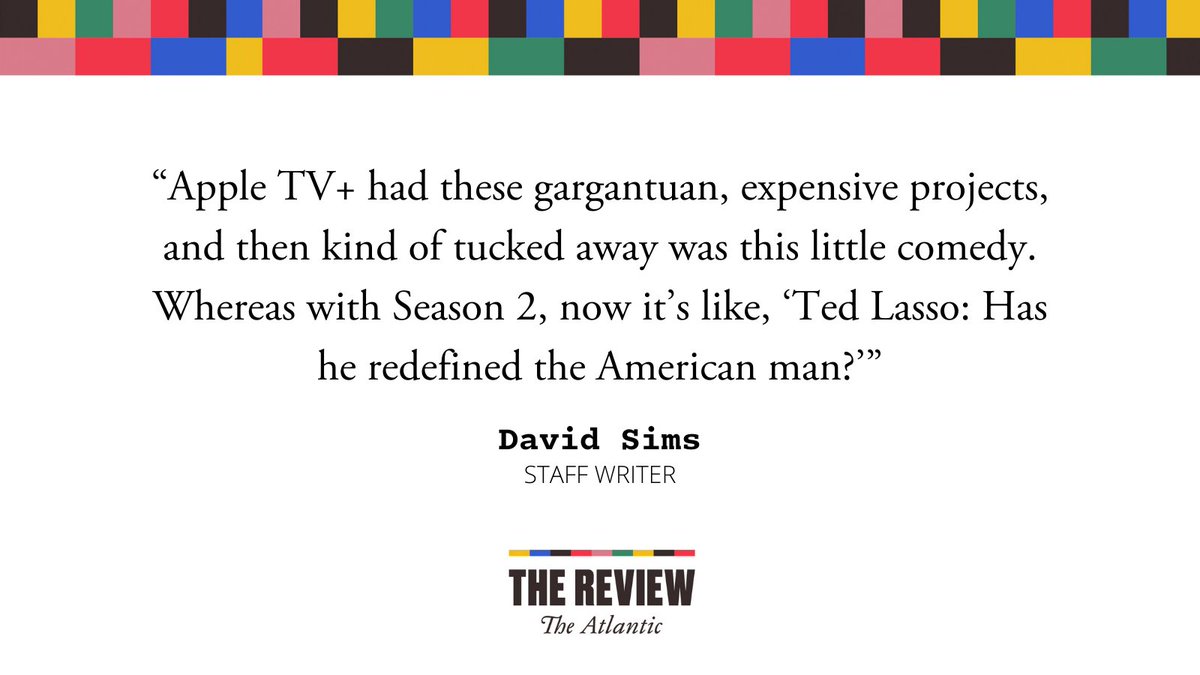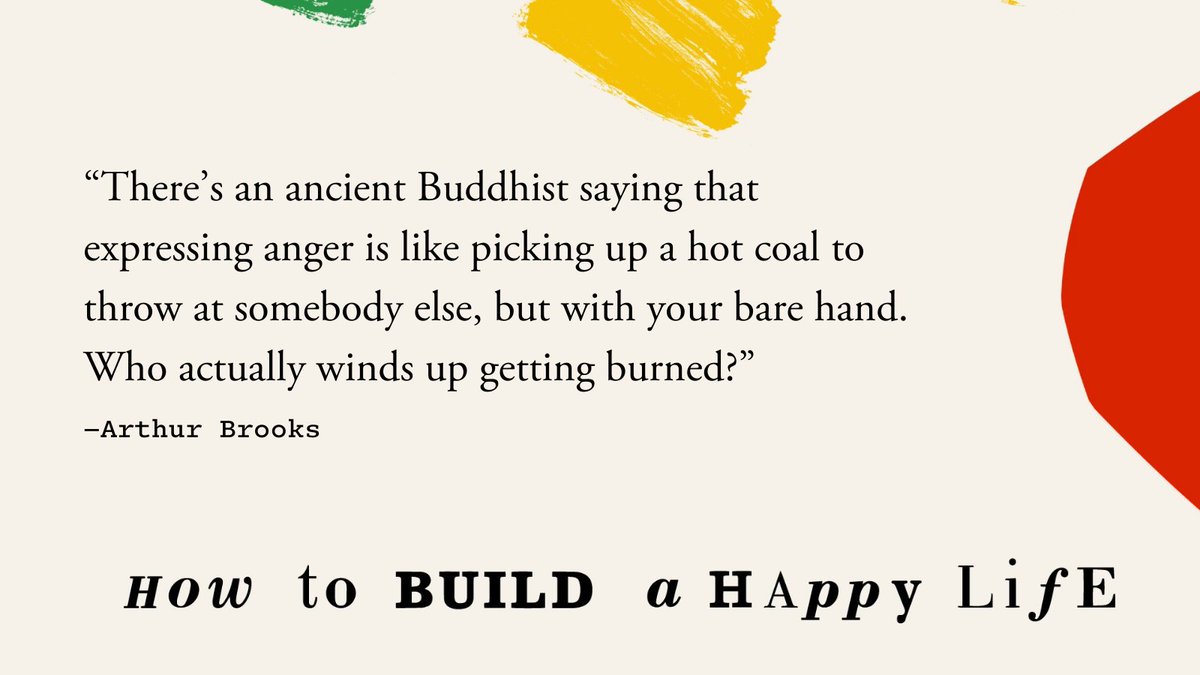
1/7 The most important animal-rights case of the 21st century will be heard next year, Jill Lepore writes. It’s about an elephant named Happy. theatlantic.com/ideas/archive/…
2/7 Happy was captured and brought to the U.S. from Thailand shortly after she was born around 1970. For most of her life, she has lived at the Bronx Zoo, where she used to perform tricks and lounge with her friends Tus and Grumpy. Now Happy lives alone. 

3/7 The Nonhuman Rights Project says that Happy’s detention is unlawful because under U.S. law she should be considered a person—and shouldn’t live alone. Personhood has been granted to corporations and ships. But can an elephant be a person? theatlantic.com/ideas/archive/…
4/7 “To be granted personhood, in the legal sense, something doesn’t have to be like a person, in the colloquial sense,” Lepore explains. “But if it were necessary, elephants would come close.” theatlantic.com/ideas/archive/… 

5/7 The largest land mammals, elephants are among the most intelligent, long-lived, and sympathetic of nonhuman animals. They live in families and seem to know themselves as individuals, understand suffering, and possess a theory of history. theatlantic.com/ideas/archive/…
6/7 The Bronx Zoo says that Happy needs to live alone and cannot be moved, because she does not get along well with other elephants and is an anxious traveler. The case, the zoo argues, is nothing more than a cynical public-relations scheme. theatlantic.com/ideas/archive/…
7/7 “Happy is a particular elephant, but she also stands for all elephants,” Lepore writes. “And if the courts recognize her as a person, that ruling will help establish the rights of nature itself.” theatlantic.com/ideas/archive/…
• • •
Missing some Tweet in this thread? You can try to
force a refresh










